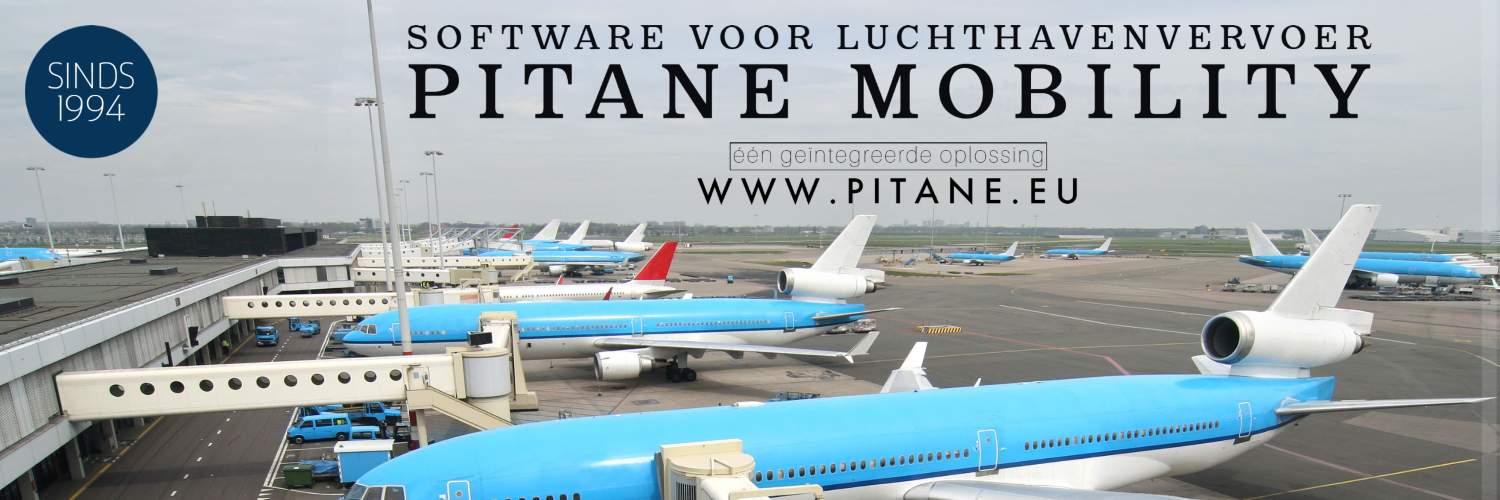As long as the FNV is on strike about the current collective labor agreement, we will not be able to discuss the new 2023 collective labor agreement with the FNV.
Today the three-day national FNV strike in public transport started. The impact of the strike is limited for the time being. The national picture is that carriers can carry out about 70% to 80% of the timetable. The individual picture varies per region and concession. In a large part of the regions there are 70% or even almost 100% willing to work, in a number of places it is around 60% with a few peaks downwards.
“We are pleased that the impact of the strike is limited for the time being. This does not alter the fact that travelers can experience an incredible amount of inconvenience. If exactly your bus, tram or train is not running, that is very sour. We once again call on FNV to sit down with us and discuss a new collective labor agreement for 2023.”
Fred Kagie, president of the VWOV
Employers everywhere see that the number of FNV strikers is less than last time. The subjects for which FNV wants to strike must all be discussed at the collective labor agreement table for the collective labor agreement OV 2023. These subjects cannot be realized retroactively, except for wages. Last week, the employers reached an agreement with the trade union CNV about an extra one-off payment of 1000 euros within the current collective labor agreement 2021-2022. Just to be one step ahead of inflation. FNV members also receive this benefit.
it makes no sense
The employers have indicated several times that they will no longer discuss the collective labor agreement OV 2021-2022 with FNV, which will be in force until the end of this year. Together with the trade union CNV, the employers have signed a contract for the collective labor agreement for public transport 2021-2022. Fred Kagie: 'The FNV strike for the collective labor agreement for public transport 2021-2022 makes no sense. It only has drawbacks: it hurts the passengers, it costs the striking employees money, it costs the public transport companies money and it damages the reliability of transport and the reputation of the sector.'
Striking and negotiating don't mix
The employers would like to discuss a new collective labor agreement for 2023 as soon as possible, but that is not possible with the FNV at the moment. FNV members can and may strike because they do not agree with the agreements for the concluded collective labor agreement 2021-2022. FNV members can now did not strike on the 2023 collective labor agreement. Strike is only possible once the parties have been fully negotiated. Negotiations for the 2023 collective labor agreement have yet to begin. The employers cannot enter into a substantive discussion with a party about a new collective labor agreement, while the same party is on strike for the current collective labor agreement. This while the current collective labor agreement is legally valid and is already being implemented. Then subjects, negotiations and the efforts of all parties are mixed up.
A view on the future
Kagie: “The collective labor agreement for public transport 2021-2022 will run until 31-12-2022. Together with the trade unions, we look forward to looking to the future. We want to discuss the new collective labor agreement as soon as possible in a constructive manner from 1-1-2023. But as long as the FNV is on a strike about the current 2021-2022 collective labor agreement, we will not be able to discuss the new 2023 collective labor agreement with the FNV.”
The VWOV represents the companies Arriva, EBS, Keolis Nederland, RET, Transdev and Qbuzz.



